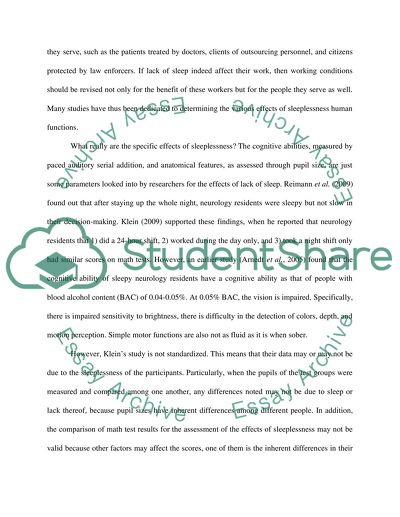Cite this document
(“The Effects of Sleeplessness on the Brain, Behavior and Mind Research Proposal”, n.d.)
Retrieved from https://studentshare.org/psychology/1423676-mind-and-or-behavior
Retrieved from https://studentshare.org/psychology/1423676-mind-and-or-behavior
(The Effects of Sleeplessness on the Brain, Behavior and Mind Research Proposal)
https://studentshare.org/psychology/1423676-mind-and-or-behavior.
https://studentshare.org/psychology/1423676-mind-and-or-behavior.
“The Effects of Sleeplessness on the Brain, Behavior and Mind Research Proposal”, n.d. https://studentshare.org/psychology/1423676-mind-and-or-behavior.


